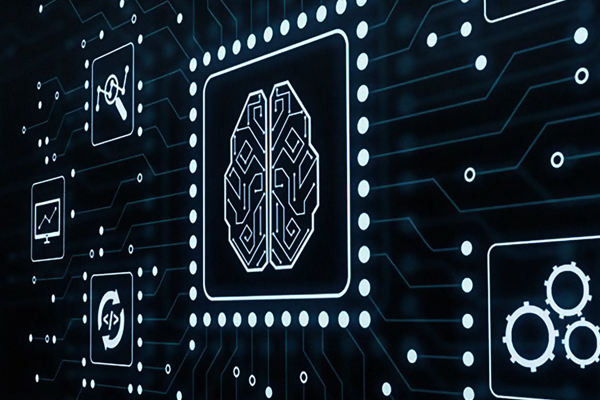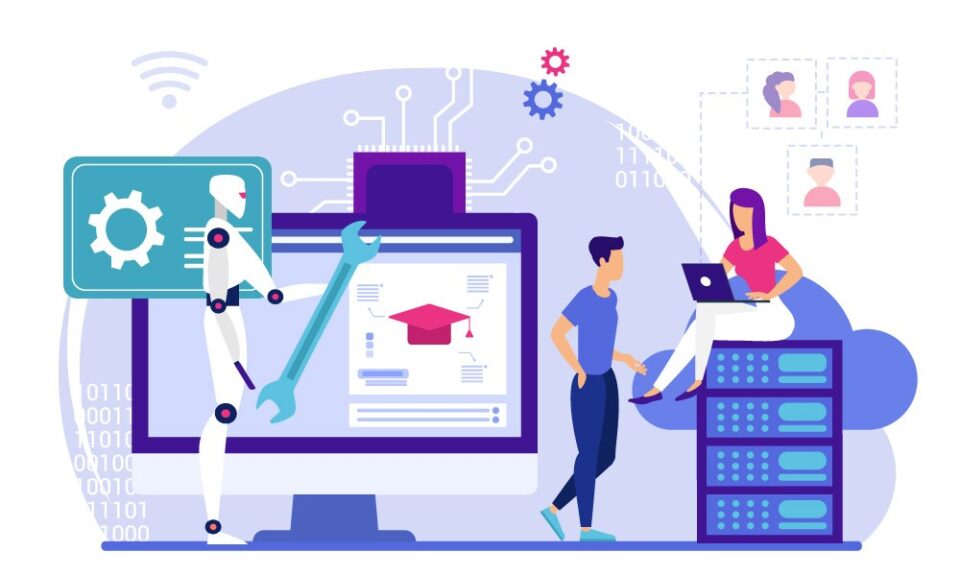Adaptive learning technologies are revolutionizing education by providing personalized learning experiences for students. These technologies use artificial intelligence and data analytics to tailor educational content to the specific needs and learning styles of each individual student.
Benefits of Adaptive Learning Technologies

One of the key benefits of adaptive learning technologies is that they allow students to learn at their own pace. Traditional classroom settings often follow a one-size-fits-all approach, where all students receive the same instruction regardless of their individual abilities or learning styles. This can lead to some students feeling left behind or bored, while others may struggle to keep up.
Adaptive learning technologies address this issue by continuously assessing a student’s performance and adjusting the content and pace of learning accordingly. For instance, if a student demonstrates mastery of a particular concept, the system will automatically provide more challenging material. On the other hand, if a student is struggling with a concept, the system can offer additional resources or provide alternative explanations until the student grasps the concept.
Another benefit of adaptive learning technologies is the ability to provide immediate feedback. Traditional classroom settings often provide feedback after assignments or exams, which may be too late for students to make corrections or fully understand their mistakes. With adaptive learning technologies, students receive instant feedback on their performance. This enables them to identify and address their weaknesses in real-time, leading to more effective learning outcomes.
Personalized Education

Adaptive learning technologies enable personalized education by tailoring the learning experience to the unique needs of each student. They take into account factors such as prior knowledge, learning style, and individual strengths and weaknesses. By adapting the content and delivery methods, these technologies create a customized learning path for each student, maximizing their learning potential.
Personalized education allows students to focus on areas where they need more support or challenge themselves with advanced concepts. It promotes independent learning and critical thinking skills, as students are encouraged to explore topics at their own pace and delve deeper into areas of interest.
Furthermore, adaptive learning technologies can provide insights to educators about students’ progress and areas that need improvement. By analyzing the data collected from these technologies, teachers can gain valuable insights into students’ learning patterns and adjust their instructional strategies accordingly. This data-driven approach helps educators provide targeted interventions and support to students, fostering a more effective teaching and learning environment.
Adaptive learning technologies are paving the way for personalized education, transforming the traditional classroom experience. By tailoring the learning content and pace to individual students, these technologies enhance engagement, promote independent learning, and improve learning outcomes. The ability to provide immediate feedback and data-driven insights empowers both students and educators to optimize the learning process. With the continued development and adoption of adaptive learning technologies, the future of education is set to become increasingly personalized and effective.

